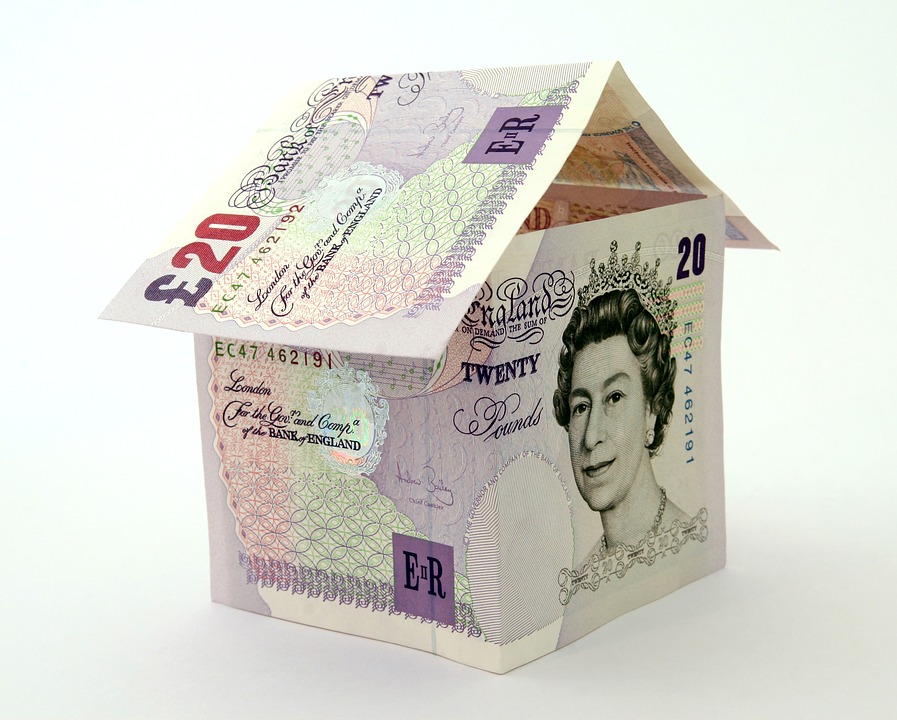Halifax will lower select homebuyer five-year fixed rates, which includes first-time buyer, new build, large loans and affordable housing and green home products.
The changes will come into force from Monday 21 August.
An example of rate changes includes its no-fee five-year fixed rate at 80 per cent loan to value (LTV) will decrease by 0.11 per cent to 5.48 per cent.
The lender’s no-fee five-year fixed rate at 85 per cent LTV will go down by 0.12 per cent to 5.48 per cent.
Halifax’s five-year fixed rate at 80 per cent LTV will reduce by 0.11 per cent to 5.37 per cent and at 85 per cent LTV pricing will fall by 0.12 per cent to 5.37 per cent as well.
The loans are available between £25,000 and £1m.
Contact us today to speak with a specialist Commercial Finance Broker to discuss how we can assist you.
A positive boost for the market’
Jamie Lennox, director at Dimora Mortgages, said that it was “great to see the UK’s biggest mortgage lender return with a further reduction on selected products”.
“This is a positive boost for the mortgage and property market given that markets are baking in further base rate increases following core inflation remaining sticky.
“It’s likely that the speed at which rates went up caused a firm halt in the number of new applications being received and we may now see lenders chasing their tails in the months to come to try and make up for being behind on their targets for the year. Only time will tell, but we hope to see more to follow,” he added.
Read about the UK Housing Market via our Specialist Residential & Buy to Let Division
Peter Stamford, director and lead adviser at Moor Mortgages, said: “Halifax is making assertive moves to bolster its mortgage portfolio, a likely response to the subdued business volumes in recent months.
“With markets anticipating further base rate hikes due to persistent core inflation, the UK’s leading mortgage lender’s rate reductions may be short-lived. As the industry sees a slowdown in new applications, other lenders might soon follow Halifax’s lead. Borrowers should seize these opportunities, but with caution, as the financial climate remains unpredictable.”
By Anna Sagar
Source: Mortgage Solutions



